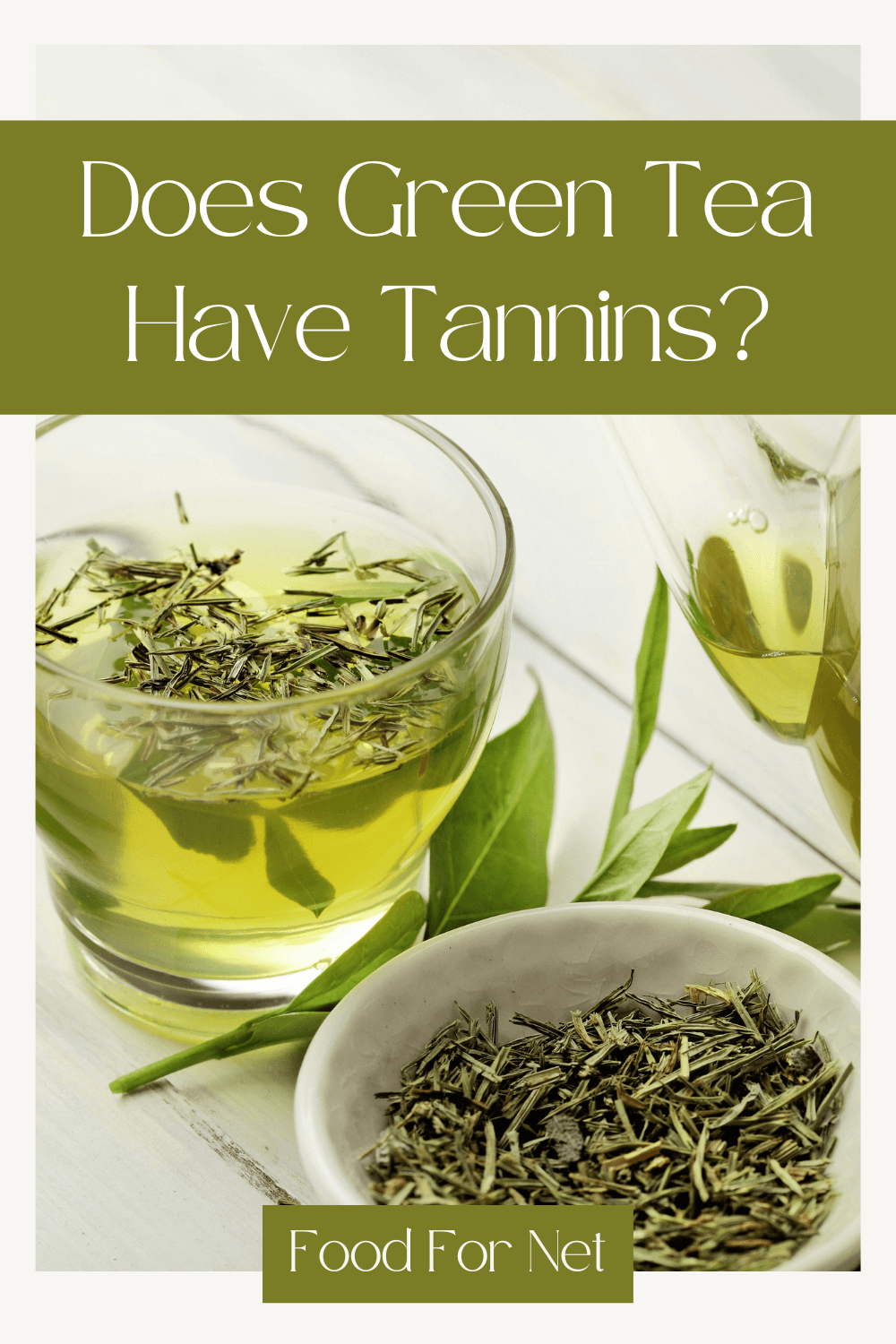
Tea is instantly recognizable for its somewhat bitter flavor and the way it dries your mouth out. Both of these features are associated with tannins – plant-based compounds that are concentrated within tea leaves. The bitterness of tannins can make them seem like a bad thing, yet tannins also come with surprising benefits. What about green tea, though? Does green tea have tannins?
It’s a reasonable question, given that green tea doesn’t have the same degree of bitterness and astringency as black tea. And, indeed, green tea really does contain fewer tannins than black tea.
There are still some tannins though, so we need to talk about what tannins are, how prevalent they are in green tea, and what they mean for your health.
Does Green Tea Have Tannins?
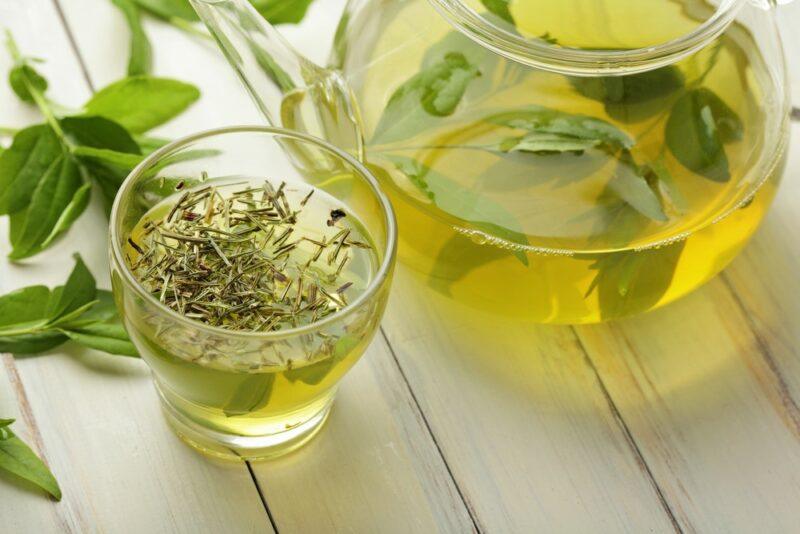
What Are Tannins?
Let’s begin with tannins themselves.
The term refers to a collection of compounds that bind protein in our bodies. They’re used to protect plants, as they’re generally unpalatable, with bitter and astringent properties.
Yet, in some contexts, the flavor of tannins can add complexity to foods and drinks, making them much more enjoyable. You see this pattern with wine, tea, dark chocolate, and even coffee.
Despite being used for plant protection, tannins aren’t inherently bad for us. They do come with some risks, but so too does almost everything we eat. There are also some pretty powerful benefits.
Tannins In Tea
Tea is actually one of the biggest sources of tannins, with black tea leading the charge. So, if you’re drinking three or four cups of black tea each day, your tannin consumption is going to be quite high.
However, tannins aren’t unique to black tea. You’ll find them in all types of tea, including oolong, green tea, and even white tea.
Green tea and white tea tend to be relatively low in tannins. They’re not completely tannin free, though. Despite what some authors claim, you do still get some tannins in your drink. The tannin levels may even be significant if you’re having multiple cups of green tea each day.
The tannin levels are also influenced by the variety of the tea and the growing conditions, so you’ll see differences between one batch of tea and another.
Steeping time influences the tannin content as well.
So, if you’re worried about tannins, focus on green tea and don’t steep it for long. Doing so should still give you benefits from the tea, while keeping the tannin levels low.
You can also look for high quality tea, as lower quality products tend to be higher in tannins.
Benefits Of Tannins
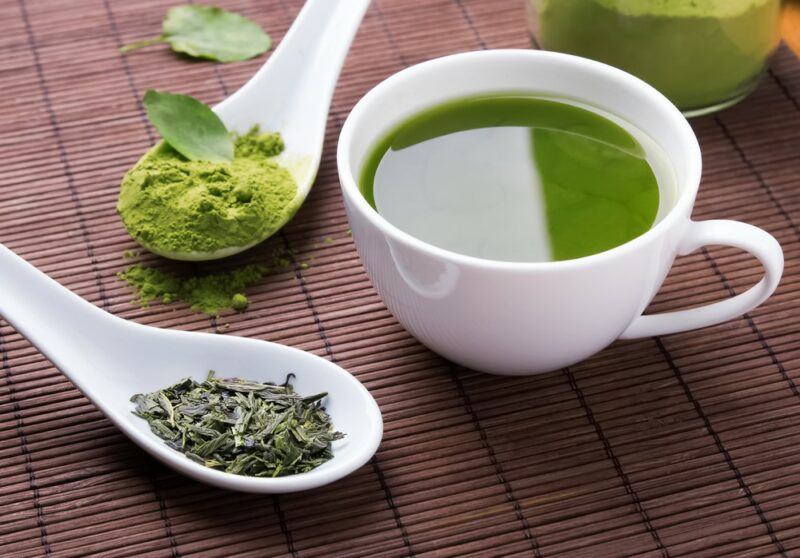
You are getting some tannins in your green tea, so it’s essential to talk about what these tannins mean for your health.
They Have Antioxidant Properties
There’s no escaping the idea of antioxidants. These tiny compounds have become incredibly famous as the next big health idea.
This isn’t surprising either, as they have many potential benefits. They act as the name suggests, by reducing oxidation. In particular, they prevent excessive oxidation from free radicals. By doing so they may even reduce the risk of disease and fight some side effects of aging.
Like vitamins, antioxidants are most powerful when we need them. So, people consuming plenty of fruits and vegetables may not need many extra antioxidants, while those focusing on processed foods instead may need to increase their antioxidant intake.
Green tea is excellent here. Not only are you getting some antioxidants from the tannins, but you’re getting plenty more from other compounds in the green tea.
They Help With Inflammation
Decreasing inflammation is important too, especially these days, as so many modern foods increase inflammation.
Now, inflammation itself isn’t horrible. Our bodies use inflammation to fight infections and keep us safe.
Problems emerge when inflammation is excessive for a prolonged time. Increasing your intake of anti-inflammatory foods and drinks, including green tea, can help to nip the problem in the bud.
Any drink with tannins will be useful, but green tea is one of the best, as it contains decent amounts of the catechin EGCG. EGCG may be one of the most powerful compounds for fighting inflammation. Impressive, right?
They Are Antibacterial
Another feature is the potential to kill bacteria. This effect could be notable for health, especially as green tea has antibacterial effects of its own.
Compounds in the tea could even help to prevent cavities, partly because of these antibacterial effects and partly by stopping bacteria from attaching themselves to your teeth.
There’s also the chance that antibacterial effects help to support your immune system, making it better at fighting off infections. Additional research is needed in this area but still, the more potential benefits, the better, right?
They Can Protect Your Heart
Tannins have also been linked to some direct health benefits, starting with decreasing heart disease risk. This is achieved partly by lowering blood pressure. Tannins could also help with blood flow and healthy blood clotting.
The antioxidant and anti-inflammatory effects we talked about earlier are also relevant for your heart.
Green tea itself is also highly relevant to your heart health. One study even found that drinking five or more cups each day was linked to a 25% lower chance of dying from a heart attack. That’s an impressive outcome.
They’re Relevant For Diabetes

Tannins have some diabetes-related effects too, including the ability to decrease blood sugar levels. This makes them valuable for improving blood sugar management – an effect that can decrease the risk of diabetes and also help people with diabetes to manage their condition better.
Green tea is perfect here, as it has been linked to many related benefits, like improving insulin sensitivity. Green tea is also a useful diabetic drink in its own right, as it is naturally low in sugar and contains plenty of antioxidants. This makes it much more powerful than most other drinks.
Risks Of Tannins
Green tea is low in tannins, so the tannins are never going to present huge risks. Still, the potential issues are worth talking about, especially if you drink a lot of green tea or are very sensitive to tannins.
They Lower Iron Absorption
Iron is vital for oxygen transport in our bodies, which is why it also helps with energy levels. It’s relevant in numerous other areas as well, making it vital for our health and wellbeing.
Yet, it’s easy to be deficient in iron (especially if you’re a woman aged between 18 and 50). Tannins make matters worse, as they decrease your iron absorption.
In fact, having four or five mugs of black tea a day could even lead to iron deficiency anemia. Green tea isn’t as scary, as the tannin content is much lower. Still, it’s helpful to pay attention to your intake and make sure you’re getting plenty of iron.
Can Lead To Headaches
A surprising number of people get headaches from tea.
Tannins may play a role here, as they’re thought to increase the risk of regular headaches and migraines. However, there’s little scientific evidence for this effect, so it’s not clear how tannins lead to headaches or even whether they do.
Tannins aren’t the only possible culprit anyway. Headaches are a side effect of caffeine consumption as well, so the caffeine in your tea could play a role.
Thankfully, green tea is lower in caffeine and tannins than black tea, so it’s much less likely to cause headaches.
Can Stain Your Teeth
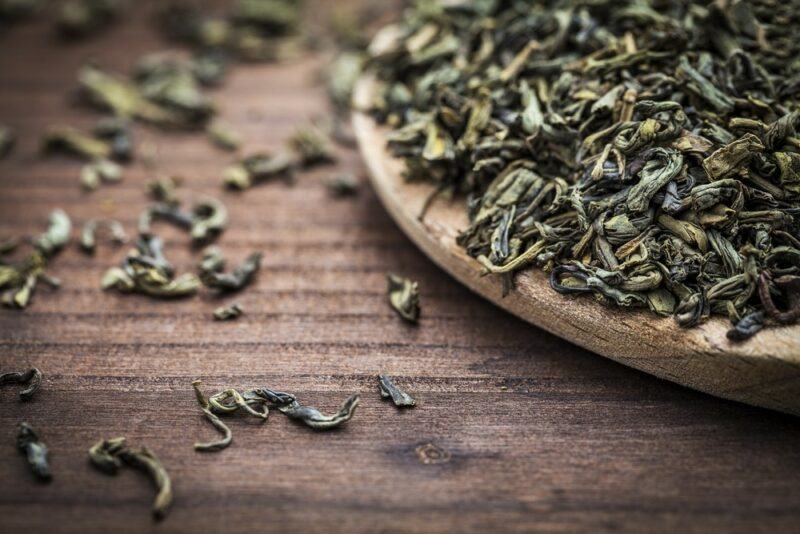
Tannins can be a problem for your teeth. It’s not that they stain your teeth directly. Instead, they make it easier for stains to stick to your teeth.
This is a serious issue when you’re consuming dark high tannin drinks, like black tea and coffee. However, green tea is relevant as well, especially if you drink it regularly.
To protect your teeth, try rinsing your mouth out after drinking green tea. Adding a squeeze of lemon juice to your tea may also help by offsetting some of the impacts of the tannins.
What About Green Tea Itself?
Tannins aside, green tea is famous as a healthy drink. It’s often associated with longer life, weight loss, and benefits for your brain. It also contains less sugar and is less processed than most of the drinks we enjoy these days.
You’re also getting a decent amount of water in a low calorie drink. This is always useful.
There are some side effects though, particularly if you drink green tea on an empty stomach. You may get stomach cramps, diarrhea, or headaches – side effects that could come from the tannins, the caffeine, or the tea itself.
Green tea is lower in caffeine and tannins than most other types of tea, so it’s often a good choice. That said, some people are still sensitive to green tea and may need to stick to small servings.
Drinking green tea with a meal, rather than on an empty stomach, can reduce the risk of side effects. Just make sure you don’t have green tea with every meal, due to the iron absorption side effect.
Final Thoughts
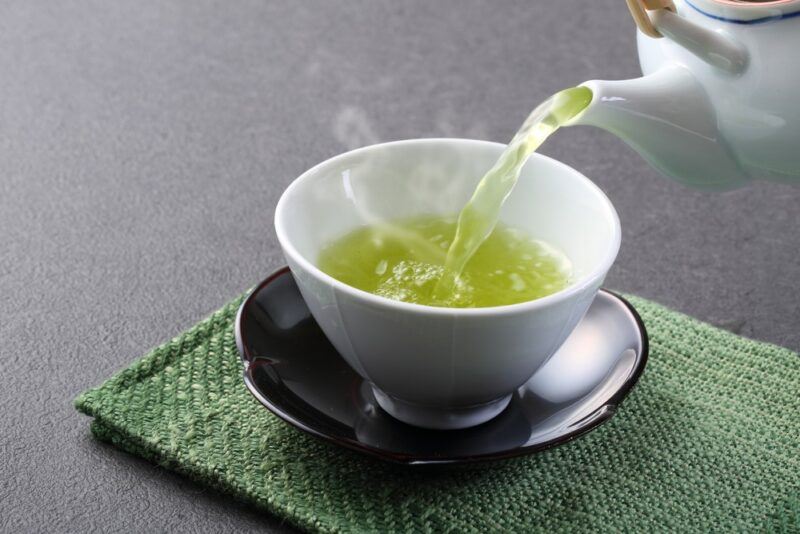
It’s easy to assume that tannins are bad for you. Yet, they offer plenty of benefits, while the risks are minimal.
Besides, we’re talking about green tea. You’re getting some tannins, but the levels are much lower than with black tea. Green tea is also consistently linked to benefits. There’s no denying that it can be fantastic for your health.
While this post has focused on green tea, tea isn’t the only source of tannins. There are plenty of other tannin rich foods and drinks, including red wine. As with tea, the tannin levels of these products can vary dramatically. Some types of red wine end up being extremely high in tannins, while there are also various low tannin red wines.
The prevalence of tannins means you could easily be consuming more tannins than you expect.

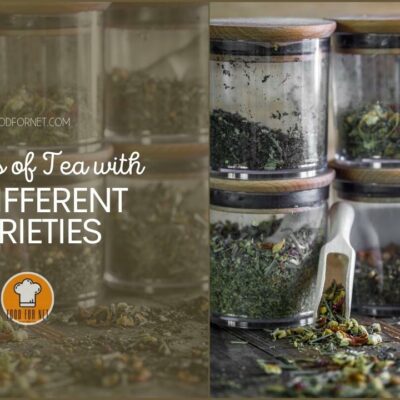
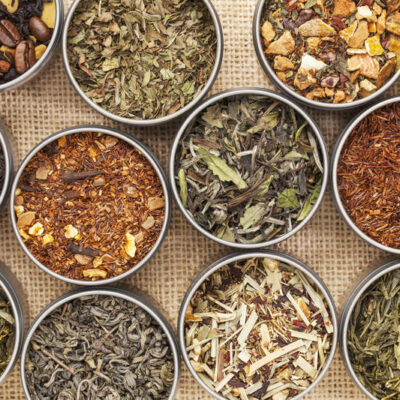



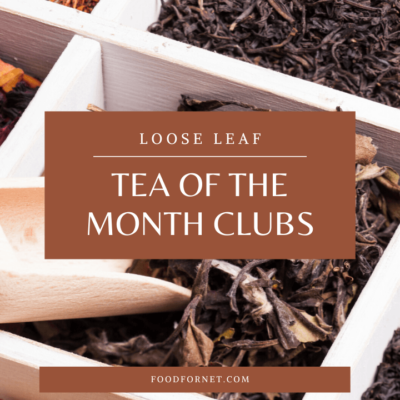
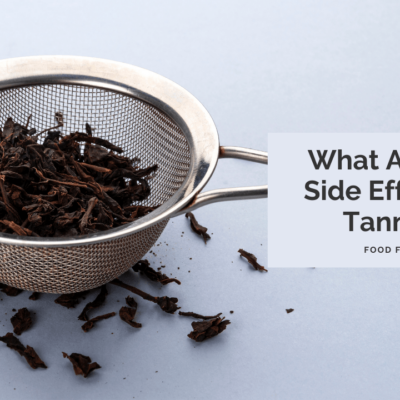
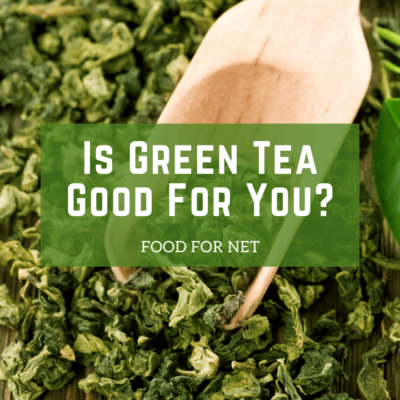
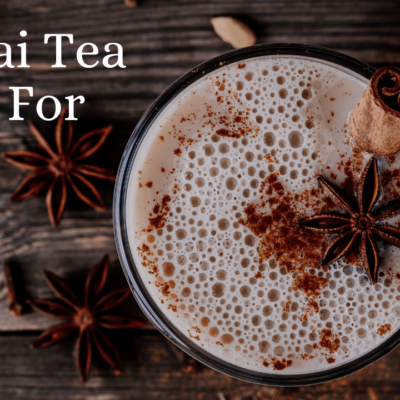

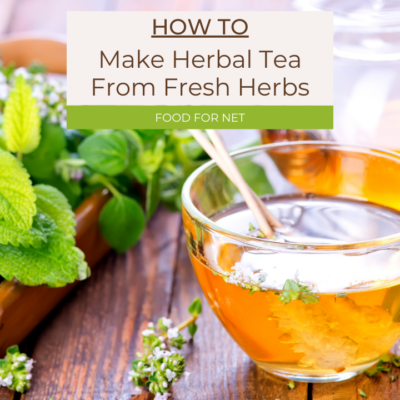


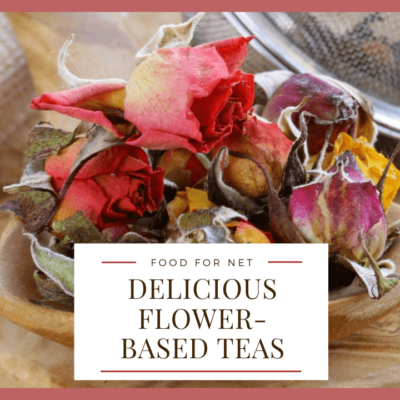
 Are Tannins Good For You?
Are Tannins Good For You?
Leave a Reply